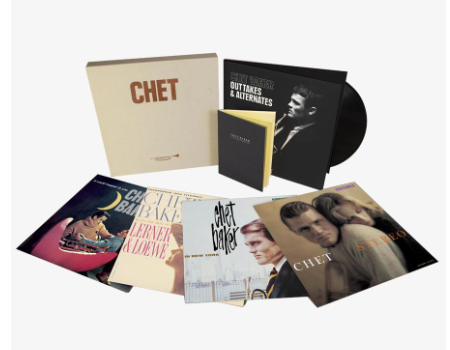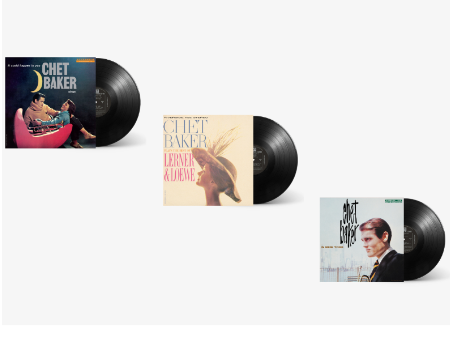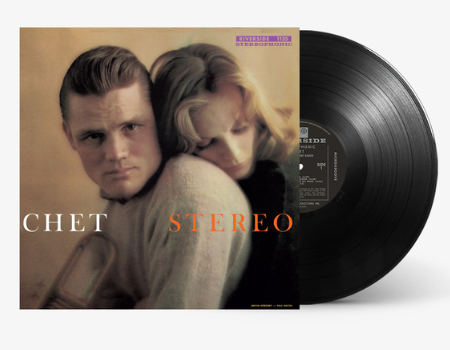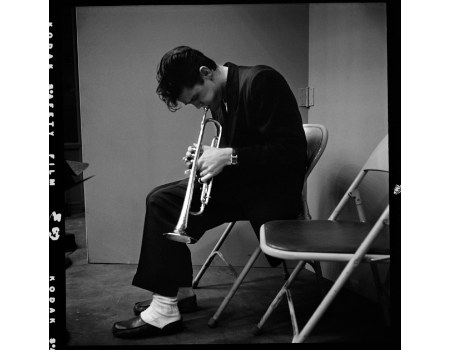There is often a great divide between “audiophiles” and “fans” when it comes to archival releases. The former want their music to sound as good as possible with the performance often being only of secondary importance while the latter appreciate the full performances delivered in any format possible, warts ’n all…
I really first came to understand this notion back in my days as active Dead Head and collector of their live concerts. It was always a joy to get new shows but when you got a tape of a great performance that also sounded amazing, well that was the heavenly crossroads everyone dreamed about.
In recent years there have been some wonderful archival releases issued as producers and archival sleuths like Zev Feldman dig deep into the recesses of private collections and other previously unknown or long-rumored archival treasures which have presented themselves to the universe.
I’ve reviewed a number of them by no less than Stan Getz & Joao Gilberto, Thelonious Monk, Charles Mingus and Bill Evans. To read some of those reviews, click on the artists names to jump to the reviews I’ve done over the years.
Regarding the last name on that list, there happily seems to be a well spring of great recordings surfacing of late. Last year I wrote about the fabulous and rare 1968 set from Ronnie Scott’s club in London (click here for that) and there have been numerous others over the years. In May, my associate Ken Micallef wrote about the new Bill Evans CD boxed set — Everybody Still Digs Bill Evans: A Career Retrospective (1956-1980) — which includes a 1975 live set of very high quality. You can click here to read Ken’s review of the set but in short I concur with his perspective on the recording and performance.
The good folks at Craft Recordings kindly sent me the new two-LP 180-gram vinyl version of that concert — recorded at Oil Can Harry’s in Vancouver, B.C. — which has been released separately, titled On A Friday Evening. It is a wonderful recording which sounds to my ear like it was professionally engineered through a mixing board and onto analog tape (this was years before digital tape, folks). I can tell its not an audience recording because there is stereo panning on Evans’ piano apparent at times.
However, part of the reason On A Friday Evening sounds as good as it does is because of a restoration step the producers wisely used from Plangent Processes. This is a terrific technology and service that has been used by no less than Bruce Springsteen, The Grateful Dead and many others to correct issues — often significant issues — with the original tape due to motor speed fluctuations in the original recording, electrical variances (which can, again, affect motor speed) and other anomalies inherent to the tape and specific machines on which it was recorded.
The result is a very tight sounding and in-tune recording that effectively brings the listener that much closer to what the original performance sounded like. I have written about Plangent Processes before but if you want a fairly technical dive into it click here to read an article our former Editor Steven Stone wrote several years ago.
Kudos to Jamie Howarth at Plangent Processes for his work and to mastering engineer Paul Blakemore who clearly did an exemplary job on this nearly 50 year old recording.
The whole set here is excellent but I particularly like “Saren Jurer,” “T.T.T. (Twelve Tone Tune)” and Miles Davis’ “Nardis” (Eddie Gomez’ bowed bass solo is wonderful!)
The 180-gram vinyl pressing made at RTI is dark, well centered and quiet, so no problems on that front either.
If you don’t have a turntable but are into the high resolution streaming experience and have both a DAC plus certain subscriptions, you can find On A Friday Evening streaming on Tidal in MQA format and on Qobuz Hi Res (both stream at 192 kHz, 24-bits). The music sounds exemplary there and very warm as digital streams go (click here to jump to it on Tidal and here for Qobuz).
Both the streams and vinyl versions have their pluses and minuses so I’m not going to rank one over the other. But for a couple quick examples, on the streams the stereo separation seemed more distinct to where it becomes very apparent that Evans’ piano was likely mic’d in Stereo, allowing you to hear the pan of his playing across the keyboard (left to right across your speakers). However, I preferred how the drums sounded on the vinyl version, particularly how the cymbals decayed. So, not surprisingly there is a give and take on different platforms and services. Use your ears and go with what ultimately feels best to you.
All that said, On A Friday Evening should be high on your must get list if you are fan of Evans’ music or if you are simply an audiophile seeking high quality live recordings to show off your system. This one is a keeper.














